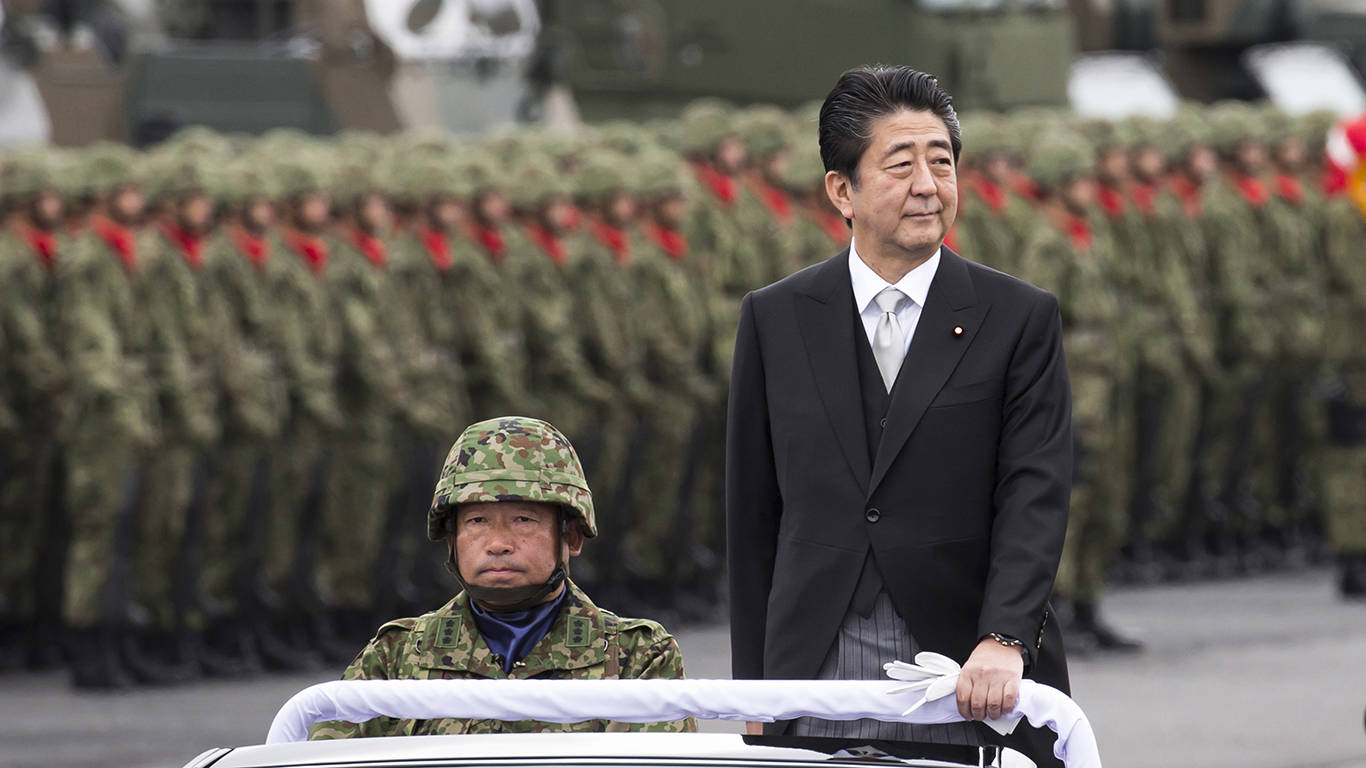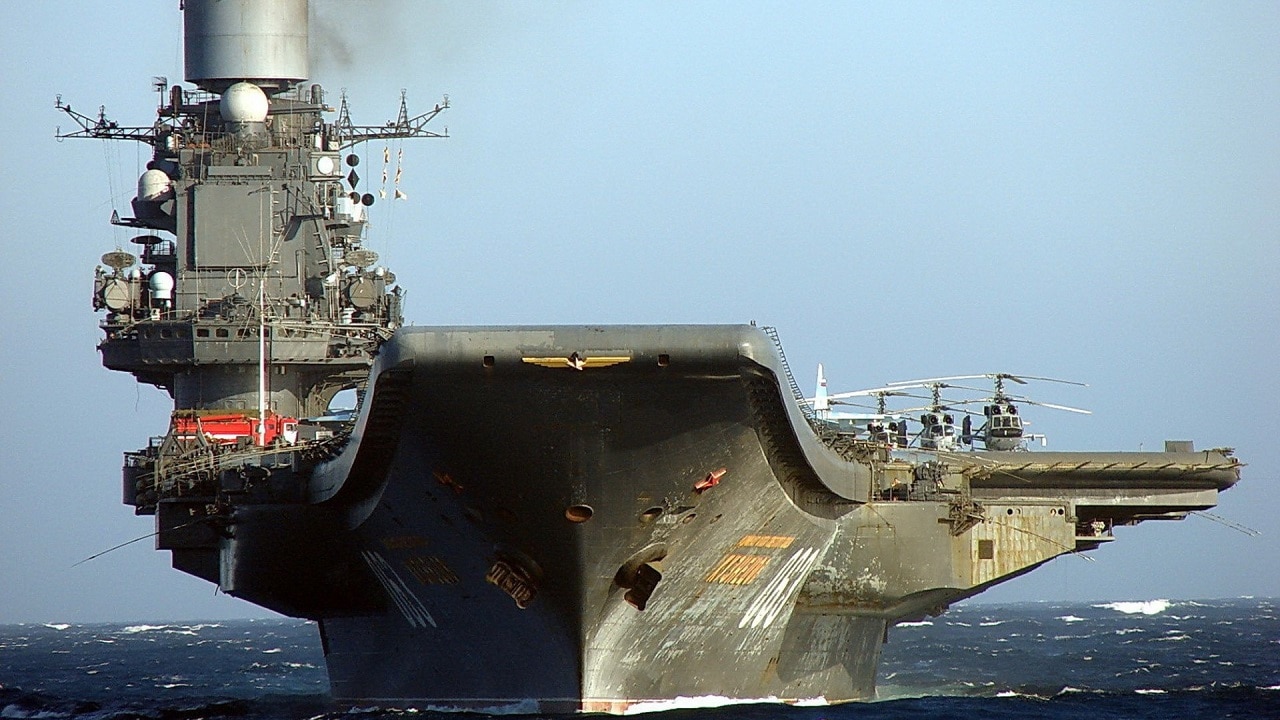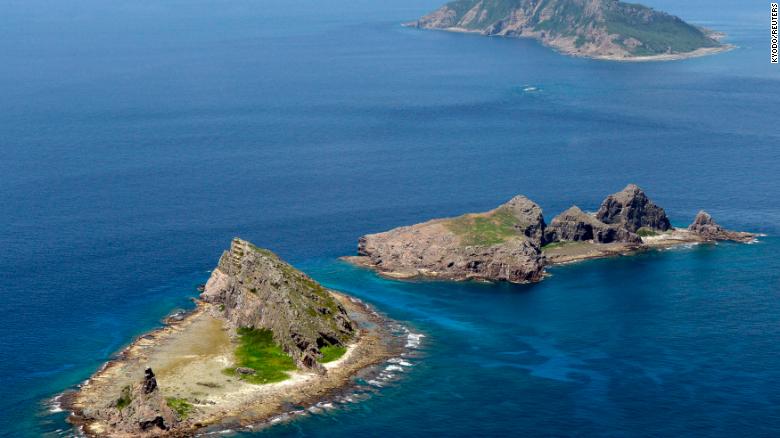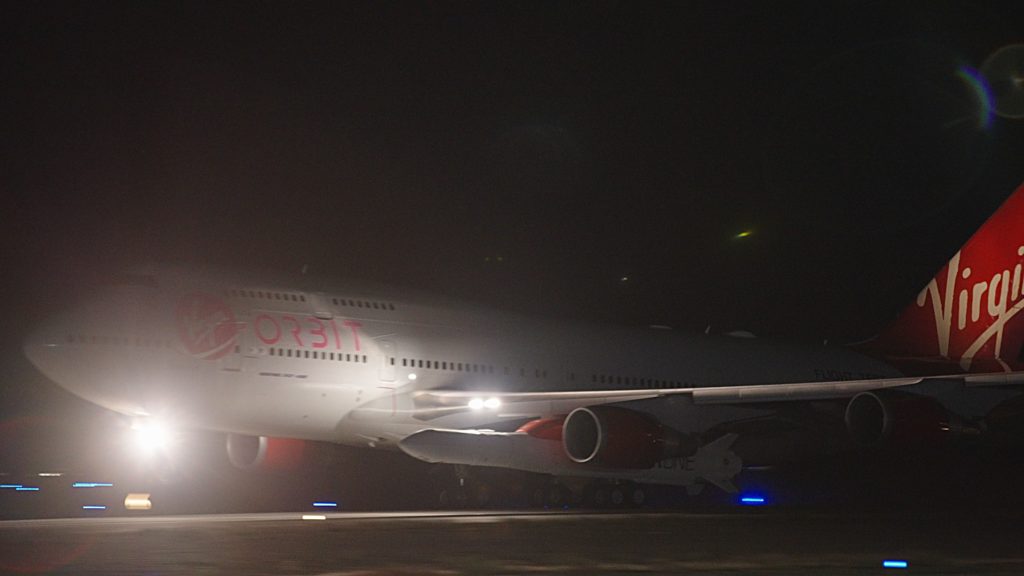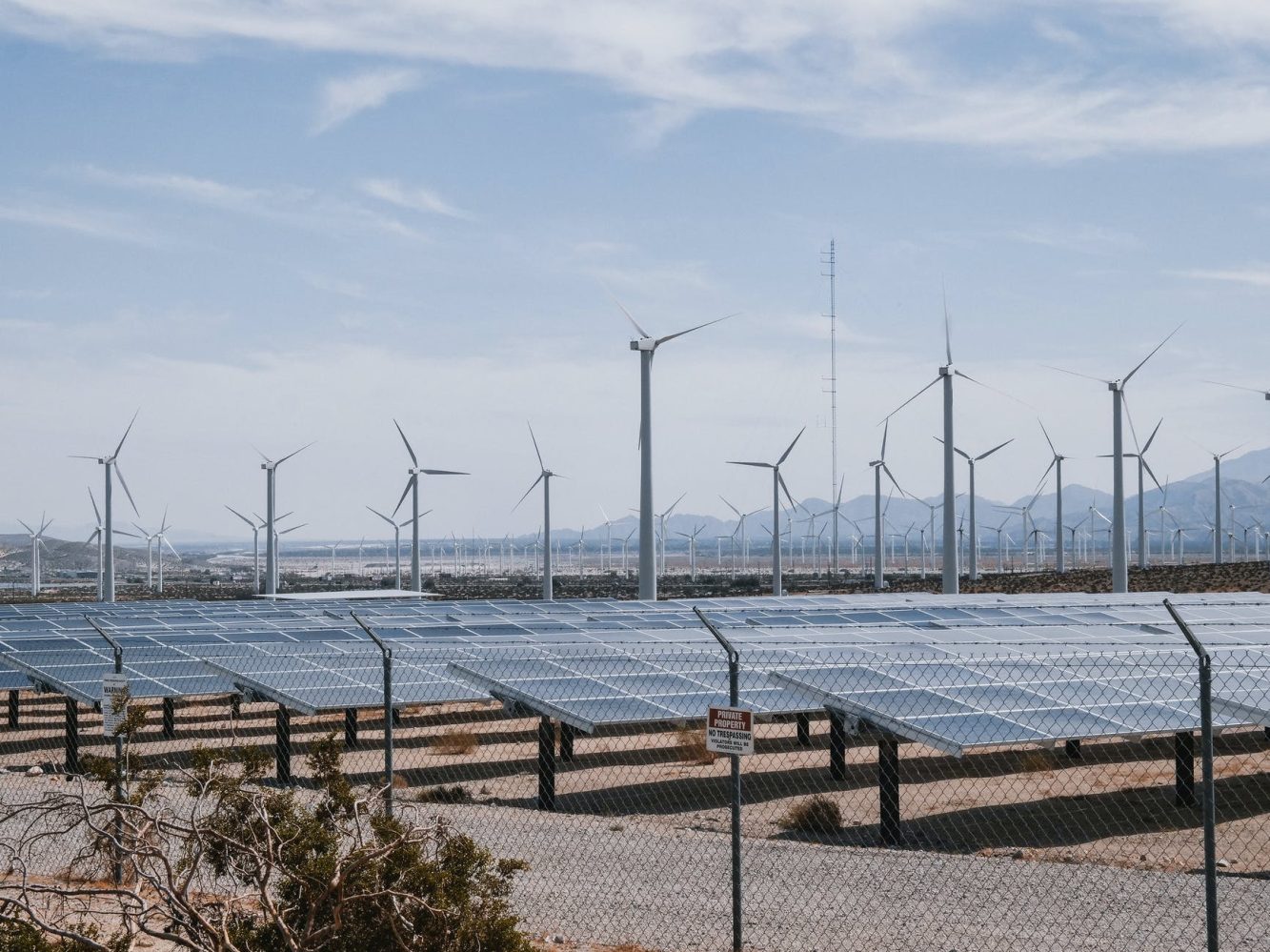Kenneth B. Pyle
After more than 70 years of subordination in the U.S.-led world order, Japan is pulling free from its self-binding constraints and restoring an activist foreign policy not seen since 1945. Coming to power with a surge of conservative nationalist support in the Liberal Democratic Party, Abe has engineered Japan’s return to great-power politics. He has achieved a historic reinterpretation of the constitution to permit collective self-defense, ended the ban on arms exports and other self-binding policies, and pressed for new offensive military capacity, all of which have made possible a much more cohesive and integrated U.S.-Japan alliance. Although Abe and the policy elite have had to override public opposition in returning Japan to this activist role, in such circumstances of transition in the international order, Japan has historically experienced rapid swings in geopolitical position. With the growing uncertainty of regional conditions, we should not be surprised if the pacifist identity that postwar generations have long embraced gives way and we see changes in the prolonged resistance of the Japanese public to revision of the constitution and to an activist and assertive foreign policy.


